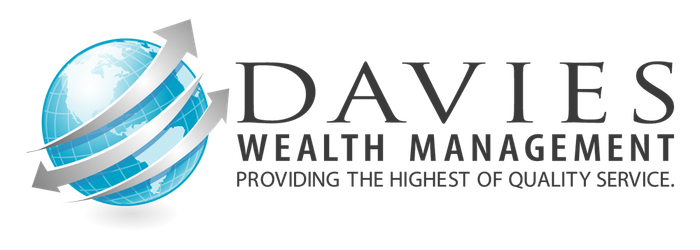
Cheryl Robinson, Contributor
March 26, 2025
Something about your 30s and 40s feels like standing at a professional crossroads. You’ve gained experience, maybe moved up a level or two, and the pressure to “figure it out” once and for all is real. But behind the LinkedIn milestones and polished bios, many professionals in this phase quietly navigate career pivots, burnout and a desire for meaning, not just momentum.

Meaningful success comes from knowing yourself first, then designing a career that matches your purpose.
GETTY
For many, this stage brings an uncomfortable realization: the ladder you’ve been climbing might be leaning against the wrong wall. What once motivated you—titles, promotions, packed calendars—might no longer feel satisfying. You start questioning what you’re doing and why you’re doing it. And while the outside world may see a seasoned professional, inside, you might be reevaluating everything from your definition of success to your sense of purpose.
Here are 10 career truths no one tells you early on but that every high-achiever eventually learns—sometimes the hard way:
Lesson One
Titles are rented, not owned. Your job title can open doors, but it doesn’t define you. Roles change, companies restructure and industries shift. Build an identity that isn’t dependent on your business card.
Lesson Two
Working harder doesn’t guarantee you’ll be noticed. Effort matters, but visibility matters more. Too often, we assume that good work speaks for itself. But in most organizations, people are too busy to notice what they’re not explicitly shown. That’s why strategic self-advocacy is critical. This doesn’t mean turning every update into a highlight reel; it means communicating your impact in ways that connect to broader goals.
Lesson Three
Loyalty has an expiration date. Loyalty to a company is admirable until it costs you your growth. If your organization isn’t investing in you, it’s okay to outgrow them. Staying too long for comfort can quietly stall your career. Recognizing when it’s time to move on is professional self-respect.
Lesson Four
Soft skills become your power tools. Technical skills get you in the door in your 20s. By your 30s and 40s, emotional intelligence, communication, adaptability and self-awareness keep you in the room and move you into better ones.
Lesson Five
Your network is your net worth. The people who help you make big career moves down the road, like making an introduction or offering you an opportunity, often aren’t the ones you work with closely every day.
Instead, they might be people you met at a conference, former colleagues, mentors or professional contacts you’ve stayed loosely connected with. While your daily coworkers may see your hard work, they’re often not in a position to elevate your career outside your current role or organization.
Lesson Six
Burnout isn’t a badge of honor. If your health, family or peace of mind is constantly sacrificed in the name of success, that’s not ambition. It’s avoidance. Sustainable success includes rest, boundaries and saying no when it counts.
Lesson Seven
You don’t need to have it all figured out. Many professionals reinvent themselves multiple times. Your dream job at 25 may not align with your values at thirty-five. Give yourself permission to evolve.
Lesson Eight
Promotions don’t always mean progress. More responsibility and a new title might feel like a success, but ask yourself: “Does it align with what I want for my life?” Sometimes, lateral moves or strategic pauses are more valuable than constant upward motion.
Lesson Nine
Feedback is a gift, but not all of it is for you. Some criticism reflects your growth areas, and some reflect someone else’s insecurity. The trick is learning which is which. Filter wisely, and don’t let unqualified opinions steer your path.
Lesson Ten
It’s easy to chase prestige, money or approval. But real career fulfillment comes from purpose and doing work that energizes you. It doesn’t happen by accident; it happens by design. It requires the courage to prioritize meaning over momentum.
Your career in your 30s and 40s isn’t about “arriving” but adjusting. Being honest with yourself about what you want, what you’ve outgrown and what matters now is the first step to building a career that feels just as good on the inside as it looks on paper.
You don’t need a five-year plan. You need clarity, courage and the belief that it’s okay to rewrite the script, especially when it no longer fits who you are becoming.
© 2025 Forbes Media LLC. All Rights Reserved
This Forbes article was legally licensed through AdvisorStream.


